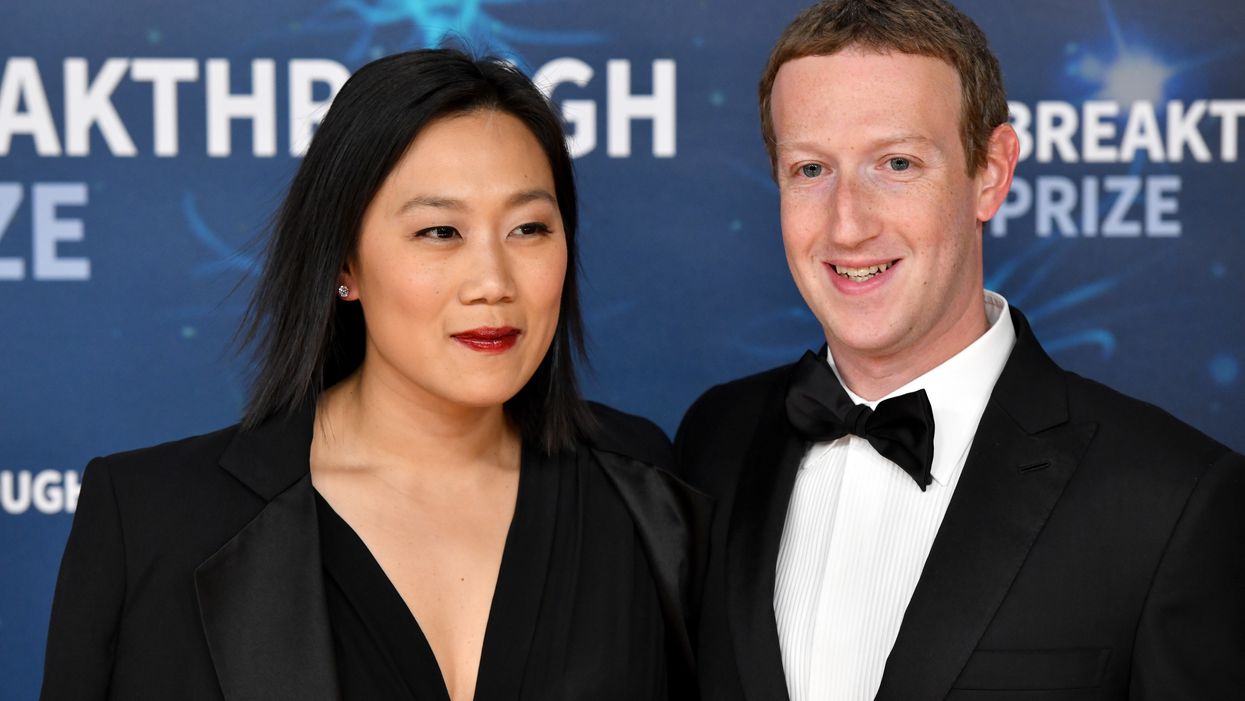In 2020, Facebook founder Mark Zuckerberg and his wife, Priscilla Chan, donated more than $400 million to state and local governments to boost election administration funding. Since then, more than a dozen states, nearly all controlled by Republicans, have passed laws banning such private contributions.
The funds, which were administered by a pair of nonprofits, were used to train poll workers, purchase protective gear and upgrade election equipment amidst the Covid-19 pandemic. The money covered gaps in states’ limited budgets for elections.
Since 2021, 15 states have instituted prohibitions on private funding for elections, according to the Capital Research Center, a right-leaning think tank. Similar bills are awaiting the governor’s signature in Alabama and Missouri, while Texas and West Virginia have created regulations instead of bans.
All of these states have Republican governors, except Kansas and Kentucky. Gov. Laura Kelly vetoed the Kansas bill, but the Legislature overrode her action. And in Kentucky, the bill allows state officials to make exceptions for some outside funding instead of instituting an outright ban.
The National Institute for Civil Discourse noted in a recent report that “a consensus exists within the election administration community that elections are underfunded nationwide, even if they are more underfunded in some places than others.”
According to that report, states spend about the same amount on elections as they spend on public parking facilities. And with the federal government only sporadically contributing funds, private donations played a key role in closing the gap during the 2020 cycle.
But with some states banning private funding (plus Zuckerberg and Chan saying they will not be donating again this year), election officials may be hard-pressed to cover all their costs.
A group of Democratic senators introduced a bill last week that would provide $20 billion in federal funds for election administration. But the legislation faces a difficult path to approval in the Senate.
But conservatives have been fighting against private funding almost since the announcement from Zuckerberg and Chan, arguing that such “privatization” undermines elections. The Thomas More Society is still trying to get the court system to declare the use of Zuckerberg-Chan funds illegal in Wisconsin, although so far they have failed to win their case.
With legal battles failing, legislation has proved to be a more successful path for people trying to cut off private funding.
Georgia and Kansas were the first to enact bans, in March 2001, followed a month later by Arizona, Arkansas and Georgia.




















Trump & Hegseth gave Mark Kelly a huge 2028 gift